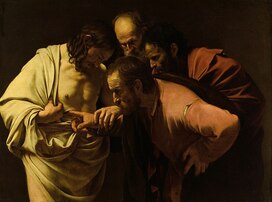 image: The Incredulity of Saint Thomas by Caravaggio
image: The Incredulity of Saint Thomas by Caravaggio
 image: The Incredulity of Saint Thomas by Caravaggio image: The Incredulity of Saint Thomas by Caravaggio Adjectives can be misleading and sometimes destructive. The former US President Donald Trump knows this particularly well. He deliberately chooses adjectives for his opponents. So we have had ‘LIttle’ Marco Rubio, ‘Lyin’ Ted Cruz, and, most notoriously, ‘Crooked’ Hillary Clinton. This both essentialises an alleged feature of a person whom Trump attacks and also contributes to a particular narrative about what matters. Trump leads in this. Yet he is not alone. Historically the Church has also done this, not least with our Gospel reading today. For if I asked most people for an adjective for Thomas, they would probably say ‘Doubting’. Indeed, throughout my life, I have generally heard today’s Gospel interpreted in only two ways. On the one hand, this story is told, typically by conservatives, as an encouragement to have true belief, and not to doubt. On the other hand, often somewhat defensively, liberals and progressives have spent much energy talking about the value of doubt. Now these approaches are really only two sides of the same, often quite distorting, coin. Instead, with recent voices from the margins, not least trauma-responsive theologians, how about we try viewing today’s Gospel text from a quite different standpoint? Instead of the framework of intellectual faith and doubt, let us take seriously the important bodily aspects of this story. Instead of obsessing about creedal truth, let us be attentive to wounds. Instead of focusing on the possibilities of the after life, we might reflect on what it means to live, together, after trauma. These, and very different aspects of Thomas, deliver us from unhealthy faith and offer pathways to healing for us all…
0 Comments
 Plautilla Nelli - The Last Supper (c 1550) Plautilla Nelli - The Last Supper (c 1550) In many ways I hope that when you picked up your liturgy sheet tonight and saw the Renaissance picture of the Last Supper you saw nothing unusual. It’s Maundy Thursday – of course we’ll have a picture of the Last Supper. Some of the art historians among you however will I think have recognised that this is no ordinary painting. This is in fact – as far as we know - the first Last Supper by a female artist – Plautilla Nelli, a contemporary of Michelangelo, Titian and Tintoretto and influenced of course by Leonardo da Vinci who died some five years before her birth in Florence... Courage - Compassion – Joy: these are the name of the angels we have, above us, this evening. Courage – Compassion – Joy: gifts of grace which our church community, with others, seeks to share at World Pride here in Sydney next year, and at all times. For Courage – Compassion – Joy: which of these, I wonder, do each of us need at this time, for ourselves, or for others? May these gifts truly enrich us, for they take us to the heart of our celebrations this evening: the very presence of God in humanity, in human birthing. As such, they are pointers to the deepest reality of our lives. As we see the angels above us, see and share light among us, and, above all, see and share bread and wine – the symbols of divine humanity in us – so may we know God’s extraordinary Love, within and beyond us. For the various elements of our Christmas celebration proclaim that, as above, so below and all around, between, and in all possible dimensions, the God of Love is born among us. Tonight, in the great Christian narrative, is the hinge of history, the heart of meaning, and the hallowing of human being. Let me briefly touch on three elements. For the Christian Christmas is a truly extra-ordinary happening, and a profound embodying, which is also ‘not quite nice’…
 photo:Roberta Sarge on Unsplash photo:Roberta Sarge on Unsplash Today’s Gospel reading (John 12.1-8) brings the song Bread and Roses (and see below) to my mind. This, for me, highlights two key aspects of the anointing of Jesus, and, particularly, the challenges presented by two central figures, Mary and Judas. There are several other significant features. Yet the tension between Judas and Mary is pivotal. For, in the early Jesus movement, this story is revelatory of struggles of identity, of power and gender, of politics and economics, as well as faith and spirituality. All that can hardly be summed up simply in the phrase ‘Bread and Roses’. Nonetheless there are undoubtedly vital feminist aspects, and the themes of ‘bread and roses’ – or body and soul - are highly pertinent…  ‘The Body doesn’t lie’, they say. Well, certainly it can powerfully reveal and prompt us to the truth. Years ago, for example, I remember a yoga teacher asking me to curl up into the foetal position and give myself a hug, expressing my love for myself. But I simply couldn’t manage it. I took up position, but my arms just wouldn’t do it. Even when I actively exercised my mind to give myself the appearance of a hug, my body would not obey. For you cannot simply command love. It has to be received, acknowledged, and embodied. Or, to put it another way, love has to be breathed in and breathed out. All of this takes us to the heart of Jesus’ teaching about the commandments (in Mark 12.28-34), and to the core of the Biblical tradition… 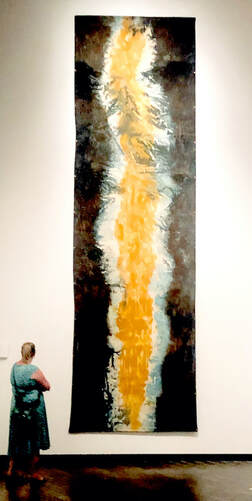 canyon, by Judy Watson, National Gallery in Canberra canyon, by Judy Watson, National Gallery in Canberra ‘So long and thanks for all the fish!’ – that is the message of the dolphins as the world ends, in the Hitchhikers Guide to the Galaxy. In contrast, the new creation in today’s Resurrection story (Luke 24:36b-48) begins with fish. The terrified disciples think they have seen a ghost. Yet, even more startlingly, Jesus asks for something to eat. They give him what they have – some broiled fish – and Jesus takes it and eats it in their presence. Not for the first time, God and fish are all mixed up together. What is going on?... It is so shockingly physical, isn’t it? As we reflected last week, the resurrection is profoundly, and intimately, about bodies. These bodies however are not just human but of all kinds. Even fish bodies. Imagine. Imagine the sounds of the crackling fire, and the sight and feel of the fish, and not least its smell and taste. It is deeply visceral, isn’t it? And it is so evocative of all the other times in which Jesus has been with others, with fish as central: and not least all those fishing trips, and feeding of the thousands. We are used to thinking of sacraments as visible signs and vehicles of God’s grace and presence. We think, not least of bread and wine, water and light. However fish are also key: creatures in many cultures as vital as bread and wine for sustenance and survival; fluid seekers and expressions of water and light... The word ‘Emerging’ has come to the fore recently. It expresses well where many people of spirit are in our lives and faith journeys. Emerging is also a central aspect of our world as a whole at present, as we engage with the uncertainties and opportunities of possible futures with and beyond Covid-19. Meanwhile, more broadly, Emergence is a powerful theme in much contemporary thinking about science, society and philosophy. Lively questions therefore surround, and stir in us. What kind of a world is it in which we live, and might like to live? What is coming into being, not least in spirituality? What difference might these things mean to our lives and our faith journeys? In other words, to reconnect with the Christian story, what, again, does Resurrection mean for us? For, as our Gospel reading today once more reminds us, Resurrection is an invitation into a more mysterious future, in the power of Love. Consequently, in the next few weeks of our Easter season, let us enter into into deeper reflection on what is emerging in us, and in our journeys with others. We begin with the body. Our Gospel today speaks of Thomas, with the other disciples, trying to make sense of Christ’s risen body. What difference did that make to them? What might the resurrection of the body mean to us?...
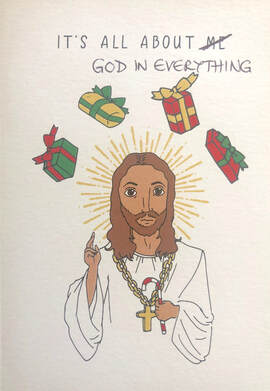 One of the Christmas cards that struck my eye this year was one that has a picture of a Jesus figure on the front, accompanied by presents around their head, and the proclamation ‘It’s All About Me’. What do you think about that? I suspect that it is a gentle way of poking fun at both the tendency of some Christians to be somewhat sanctimonious about ‘possession’ of our end of year communal festivities, and also the way in which we often want Christmas to meet our own expectations. This often begins as children - doesn’t it? – when we human beings don’t quite receive the magical Christmas for which we were hoping: maybe when we don’t have quite the special present we were expecting; and/or when our Christmas meal, or worship, isn’t quite right, or too much; or when we, or others around us, aren’t able to maintain the proverbial spirit of peace and goodwill in all our interactions. Sometimes our expectations are just too much, or too unrealistic. Sometimes they are quite right, and we are let down by events or by others. Either way, we may feel a little betrayed, especially if hopes for ourselves are involved. Perhaps however, in the disappointments of our personal Christmases, we may still learn a little of the wisdom in the birth of Christ. Fresh light may then stream in, particularly when we start looking beyond ourselves – not simply to the Christ child, but to everything about them. This may be part of the learning of this Covid-19 year, in which many Christmases are not as the world as a whole would hope. For, like the first Christmas, pictured in various ways in the Gospels, we have had to learn that it is not ‘All About Me’. If God is among us – the central message of Christmas – then he/she/they are everywhere, but not as we expected, and all of us are, truly, ‘in this together’… 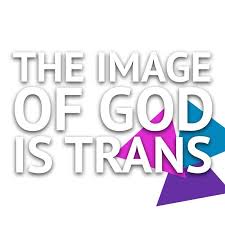 What is an 'indecent' body to you? Marcella Althaus-Reid, one of the most stimulating of modern theologians, posed this question vibrantly. Her best known book, entitled Indecent Theology, challenged us to reconsider how we see and talk about bodies - especially female, sexually and gender diverse, poor and colonised bodies - all which have been treated as ‘indecent’. This, for me, is certainly at the heart of a healthy understanding of gender identity, and, crucially, affirms the gifts which gender diverse people have for the whole body of Christ and the whole body of society and our planet. It also takes us to the heart of 1 Corinthians chapter 12, where St Paul specifically commends us to honour the ‘weaker’, ‘less honourable’, ‘less respectable’ members of the Body of Christ. For, as Paul affirms, these ‘indecent’ members are ‘indispensable’, requiring ‘greater’ honour and respect... 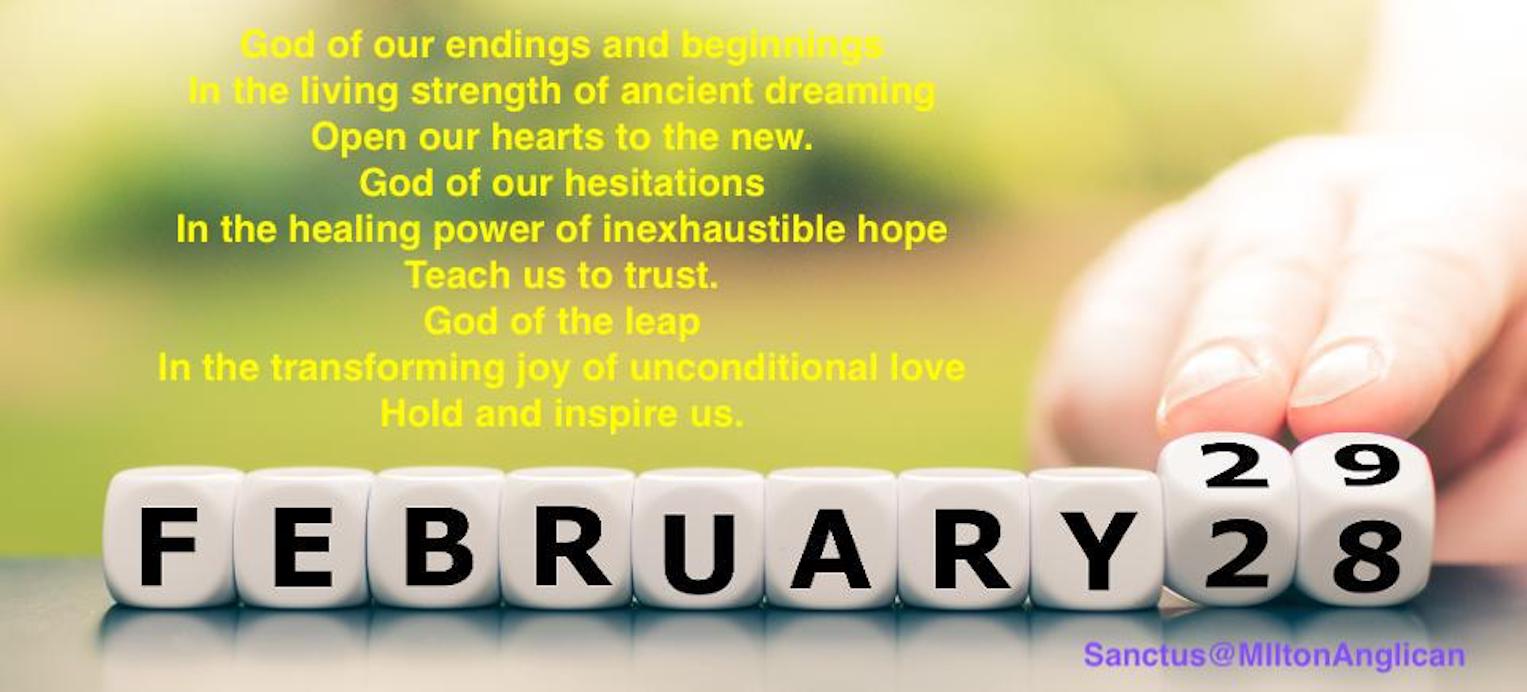 As some of you know, I enjoy a practice called Interplay. Interplay is ‘a creative, active way to unlock the wisdom of the body. It is a group activity that uses a number of ‘forms’, physical, verbal and musical, to enable connection with our selves and our community through play. There is a variant of one of these forms that goes like this... Participants are encouraged to choose a place in the room and move towards it with great intent, but moving only very slowly, heel to toe. This is how we often move in life towards goals on which we have set our hearts. But as we all know, life has a way of disrupting those kinds of plans and movements. So, there is another variant of this form, in which participants are invited simply to move slowly as before and just see where they end up and when it seems right to stop. This goal-less movement reflects something of what actually happens in life when we thought we were doing something else. A final variant of this game, invites participants to move slowly and just occasionally take a leap forward, perhaps celebrating that with a whoop. It is great fun, and illustrates how often we forget to celebrate our leaps forward and how much pleasure can be derived from celebrating, even when we do not have a particular goal in mind, and only recognise after it has happened that a leap forward has occurred. Sometimes indeed we may find that the leap has not been forward, but perhaps sideways or even backwards and no less a cause for celebration... |
Authors
sermons and reflections from Penny Jones & Josephine Inkpin, a same gender married Anglican clergy couple serving with the Uniting Church in Sydney Archives
June 2024
Categories
All
|
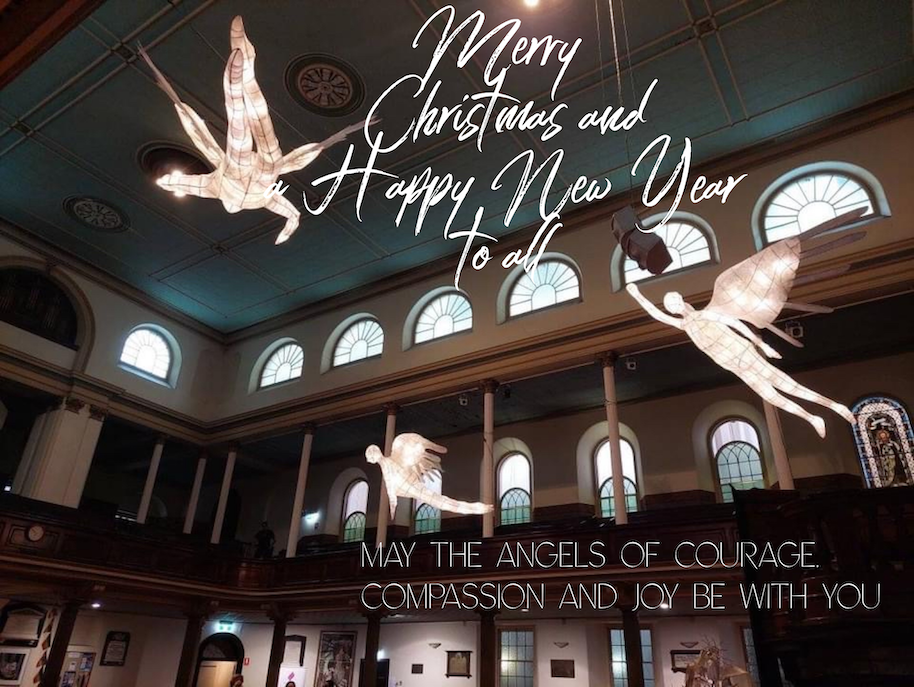
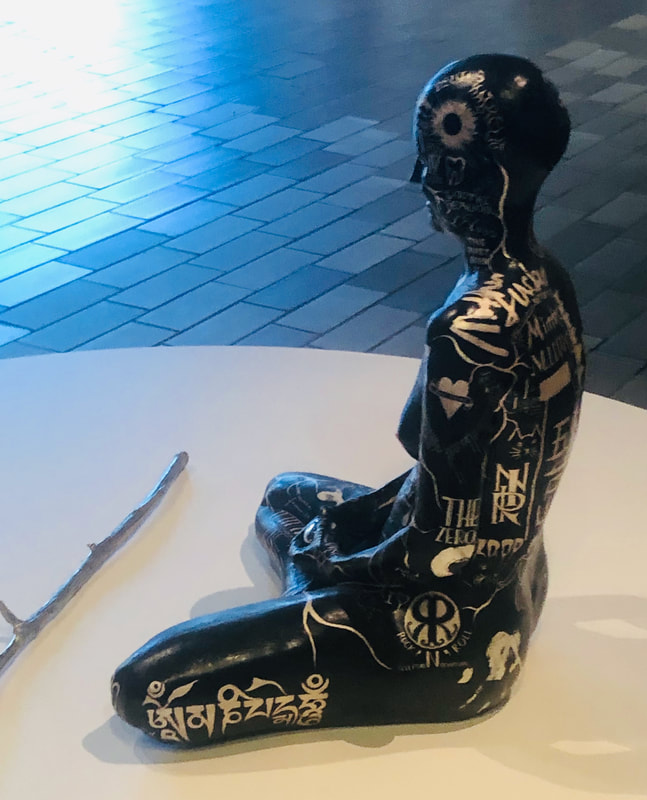
 RSS Feed
RSS Feed